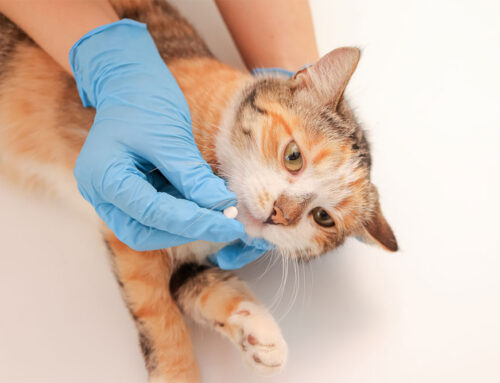Having a pet in your home and family is one of the most rewarding experiences you can have. With advances in veterinary medicine, you can enjoy your pet longer and healthier than ever before.
Many dogs in the United States now live to be 12 years or older, almost double the lifespan on most dogs in the 1950s. Indoor often provide companionship for 14 years or longer. And birds, reptiles, and exotic pets (even fish) are living longer lives when given good care.
If you want your pet to live its longest, healthiest life possible, it does have a price. From quality food, routine preventative care and visits to the veterinarian to keep your pet healthy plus planning for accidents, unexpected illnesses, and other emergencies, your pet is an investment. Every dollar you put into your pet is given back to you in unconditional love and companionship.
When the cost of quality medical care exceeds the family budget, families are forced to make tough decisions either bearing the debt or even euthanasia. We do not want any family to have to make this decision and we don’t want any pet to have to face this choice. We believe that planning for your pet’s care is the best way to prevent the painful decision between finances and your pet’s well being.
Preventative Care
Pets age much faster than humans, so periodic wellness checks (at least 1 – 2 times per year) are one of the best ways you can help your pets live long and happy lives. Pets are excellent at hiding diseases and illness from us until the disease is advanced enough that they no longer are able to. Preventative wellness visits allow veterinarians to identify problems before they become severe. When diseases or conditions are discovered early, treatment is usually less expensive and veterinarians have a greater chance of saving pets’ lives.
Annual preventative veterinary care will vary slightly depending on your pet’s age but you should plan financially for the following:
- Comprehensive physical exam. This is a head to tail wellness exam including nutritional and pain assessment.
- Vaccinations as needed. Some vaccines are labeled for administration every 3 years. This may add additional cost up front, but in the long run is better for your pet and most cost effective.
- Intestinal parasite testing and medication.
- Heartworm test and preventative medication.
- Dental cleaning. Preventing dental disease is less expensive and better for your pet’s health and more cost effective than treating severe dental disease.
What is the Magic Number?
Unfortunately, we can’t give you a magic number to put into a pet savings account and the cost of owning a pet will vary. We can give you some options and considerations for when the veterinary bill comes. The important advice is to think about how you will manage both routine and unexpected expenses before the need arises. Choosing multiple options can also help you feel more confident in your financial abilities.
Pet Insurance
We work closely with Trupanion Pet Insurance but for reviews of other available insurance visit 365petinsurance.com
Pros
- Provides care for unexpected illnesses or injuries
- Makes pet care affordable
- Offers peace of mind regarding your pet’s health care costs and your financial situation
- May offer tailored plans for cats, dogs, senior pets, and exotics
- Coverage varies by provider
Cons
- Coverage varies by provider
- Preventative care may cost additional and many insurances do not offer wellness coverage
- Waiting period
- May not cover all conditions
- You pay the bill up front and are reimbursed by the provider
Pet Health Credit Card
Pros
- May be used with pet insurance or other forms of payment
- No interest if paid by the due date
- Extended payment plans offered
- Same day approval
Cons
- Credit approval required
- Interest rates increase if you exceed you credit limit, pay late or fail to pay in full by the due date
- You may need to pay part of the bill if costs exceed your limit
Personal Savings
Pros
- No paperwork or waiting period
- Immediate access
Cons
- Once savings are depleted, no money is available for a new illness or injury
- Sticking to savings plans can be difficult
- Money may be needed for another purpose
- Savings may not cover costs
Personal Credit Card
Pros
- No paperwork or waiting period
- Immediate access
Cons
- Card limits
- High interest rates
- Late payments may damage credit rating
- You may not have enough credit available to cover the costs
Decide what works best for you. Planning how to finance your pet’s health care is important. With proper planning, you can help your pet have a long, healthy life. Begin today so you and your pet can enjoy many happy years together.






